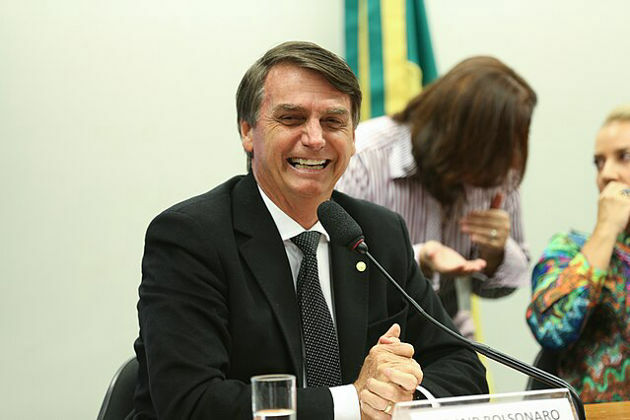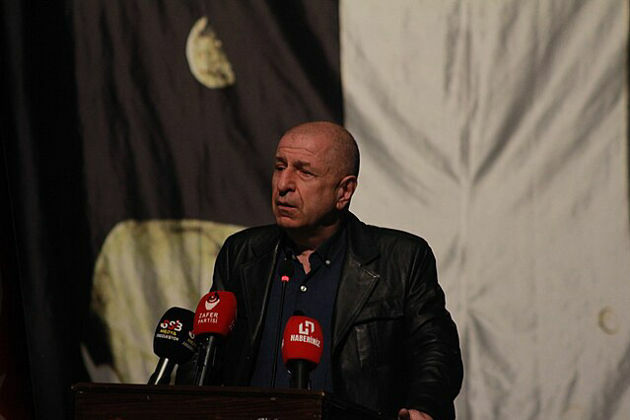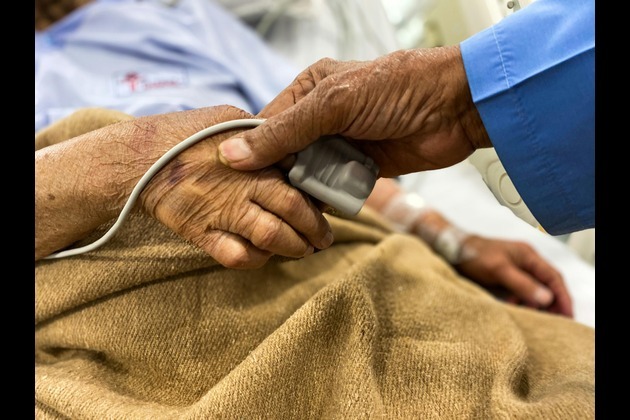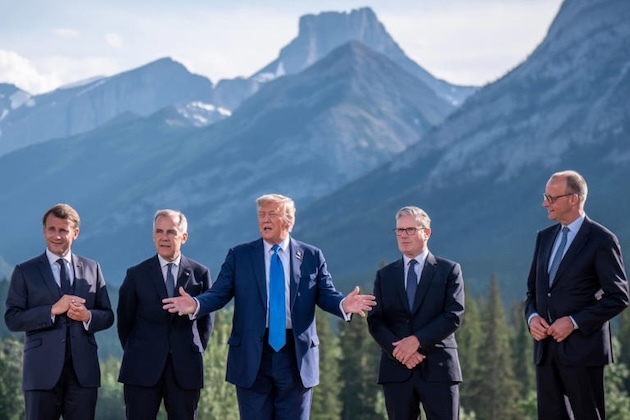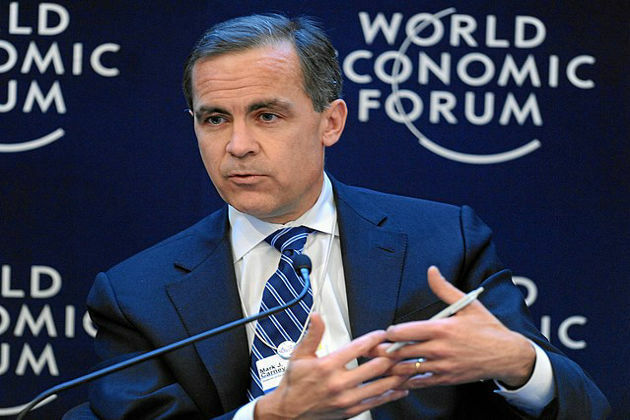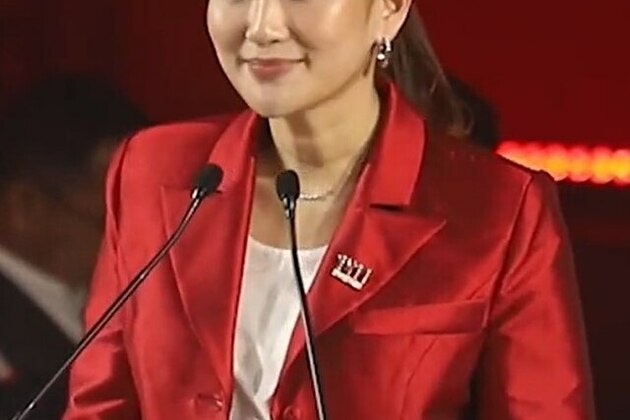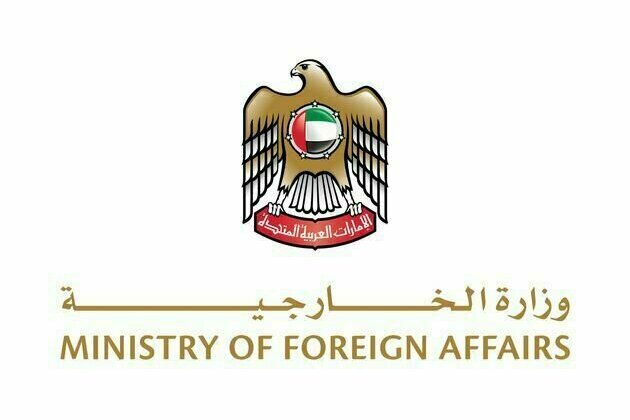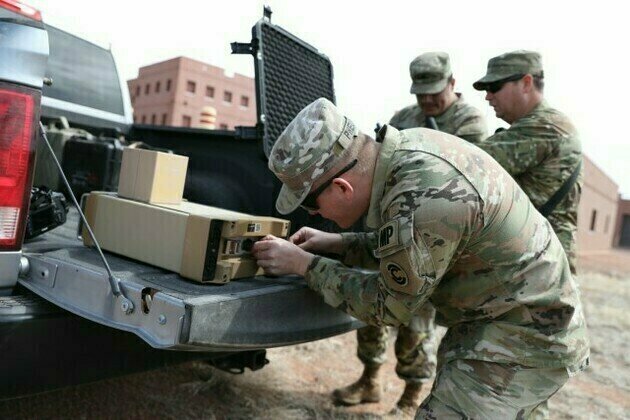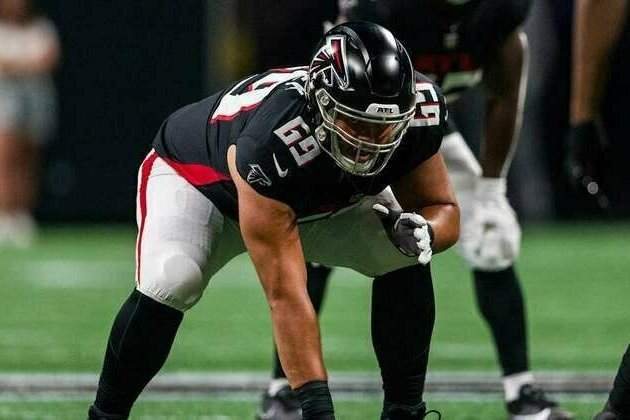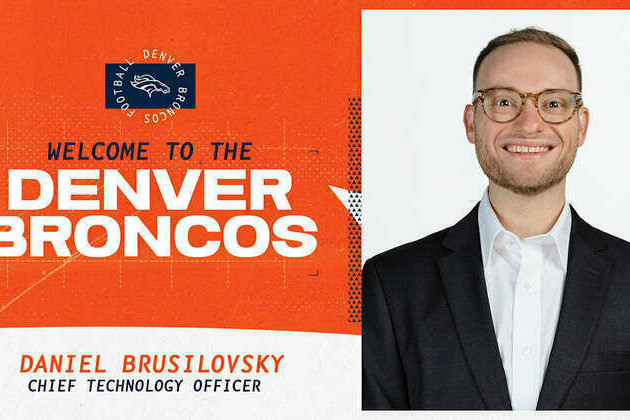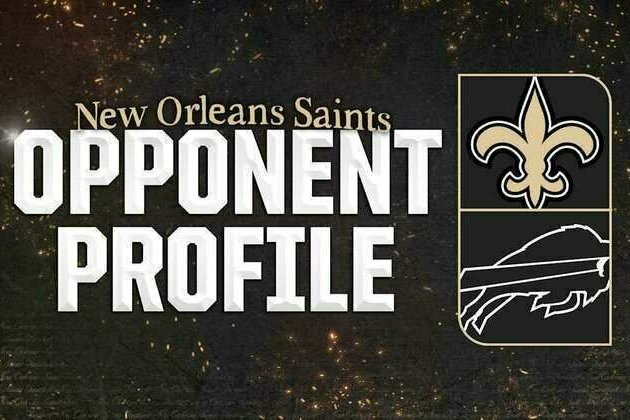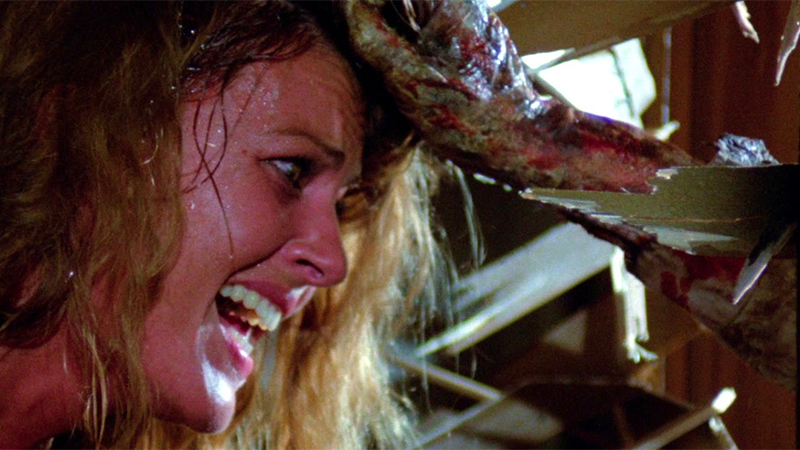Indigenous Khoisan seeking more recognition
News24
26 Sep 2020, 14:10 GMT+10
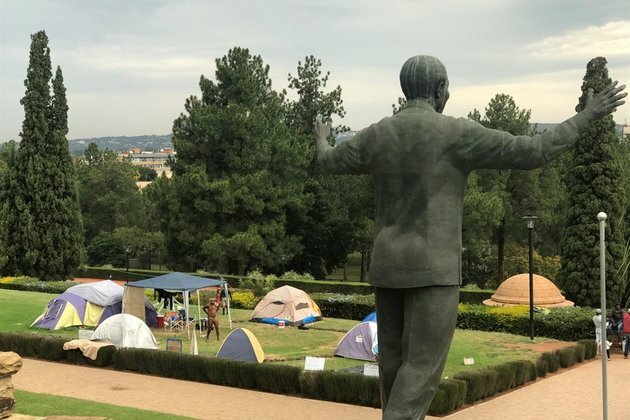
A giant bronze statue of Nelson Mandela overlooks a big black tarpaulin tent that has become a fixture on the emerald lawns of the president's office in Pretoria.
The tent houses campaigners from the Khoisan indigenous people - South Africa's first inhabitants, whose presence in the country has been dated by archaeologists to thousands of years.
For the past two years, the activists have been camping outside the seat of government, demanding the official recognition of their languages and to negotiate land ownership.
They also want the word "coloured" - the mixed-race tag they have been carrying since apartheid and which is still largely used in official documents - to be abolished.
The group came here in 2018, walking 1 000 kilometres, in a bid to secure an audience with the authorities.
"We will wait here until we have what we came for," said one of their leaders, who calls himself King Khoisan South Africa.
The Union Buildings is an imposing 110-year-old structure that has housed colonial, apartheid and democratic leaders including Mandela and now President Cyril Ramaphosa.
White perspex placards in front of the tent bear various messages.
One has inscriptions in Afrikaans saying Ramaphosa doesn't give a damn - "We have been here for more than one year and what does he do? Nothing!"
Last year, Ramaphosa signed into law the Traditional and Khoi-San Leadership Act, which grants more autonomy to the Khoisan community.
But some of the Khoisan remain unsatisfied and see the law as the starting point for a constitutional and cultural struggle.
But how many Khoisan there are, in a population of 59 million, is unclear - and their identity is also a subject of debate.
"We talk about Khoi herders and San hunter-gatherers, but archaeologically it's hard to tell them apart," explained Tammy Reynard, curator of the Origins Centre at the University of the Witwatersrand.
Language and land
As South Africa marks Heritage Month in September while trying to recover from a coronavirus pandemic lockdown, communities such as the Khoisan have been reflecting and questioning their fractured identity.
The Khoisan have been referred to in the past as "Bushmen" - and when the Dutch settlers landed in South Africa in the 17th century, they called them Hottentots, a word derived from the famous clicks in their languages.
In one of the grimmest episodes of colonial times, a Khoisan named Sarah Baartman was taken to Europe in the early 19th century by a British doctor and paraded as an anatomical freak - the "Hottentot Venus," who people could see and touch for a fee.
Abused and sick, she died in poverty, and her remains were displayed in a Paris museum. They were returned to South Africa in 2002 and buried with honour in the Eastern Cape. Her tale is described in , a 2010 French film directed by Abdellatif Kechiche.
"Classified coloureds want to know who they are - they are coming together like it never happened before," said Anthony Philip Williams, founder of Indigenous First Nation Advocacy SA.
The virus "lockdown put a magnifying glass on the inequality that we have inherited," said Denver Toroga, a Khoisan language activist and poet.
"But I think it also helped us go beyond the need to acquire wealth and seek a different type of cultural wealth."
One of the Khoisan languages, which is written as "N|uu", is listed by Unesco as facing extinction, with just three fluent speakers remaining.
In a speech marking the country's Heritage Day on Thursday, Ramaphosa said the nation "is steadfastly protecting" that and other indigenous languages.
For many campaigners, land is the key.
The much-publicised issue of handing back farmland taken during white rule must include restitution for the Khoisan as well as for black communities, said King Khoisan.
"You cannot talk about identity outside of land," said Williams.
"We must engage government for what is called a negotiated settlement," he said.
"A part of that settlement must be the land that we access, that we can live on, where we can produce and use it for cultural purposes, for access to the resources. The resources of this land belong to our forefathers."
 Share
Share
 Tweet
Tweet
 Share
Share
 Flip
Flip
 Email
Email
Watch latest videos
Subscribe and Follow
Get a daily dose of Denver Sun news through our daily email, its complimentary and keeps you fully up to date with world and business news as well.
News RELEASES
Publish news of your business, community or sports group, personnel appointments, major event and more by submitting a news release to Denver Sun.
More InformationInternational
SectionBrazil’s ex-president accused of leading illegal spy operation
BRASILIA, Brazil: Former Brazilian President Jair Bolsonaro is accused of playing a key role in an illegal surveillance operation orchestrated...
Critics say Özdağ case aims to silence Erdogan opponents
ANKARA, Turkey: A Turkish far-right politician went on trial Wednesday, facing charges of inciting public hatred—an episode critics...
Assisted dying bill clears key hurdle in UK Parliament
LONDON, U.K.: In a landmark moment for Britain, lawmakers in the House of Commons have voted in favour of legalising assisted dying,...
International law no longer a priority among Western leaders
Western support for Israel's right to strike Iran backs up a pattern of pre-emptive violence that critics say is further eroding international...
Carney sets 30-day deadline for US trade deal
OTTAWA, Canada: Canada may boost its counter-tariffs on steel and aluminum imported from the U.S. if a comprehensive trade agreement...
Leaked call pushes Thai govt to the brink as allies waver
BANGKOK, Thailand: Thailand's government is facing its biggest crisis in nearly a year, as Prime Minister Paetongtarn Shinawatra's...
Colorado
SectionUAE condemns terrorist attack in US State of Colorado
ABU DHABI, 2nd June, 2025 (WAM) - The United Arab Emirates has condemned in the strongest terms the terrorist attack that occurred...
Colorado Army Guard's Drone Warfare Cell Reshapes Warfighting
WATKINS, Colo. - As the battlespace continues to evolve, so too must the tools and training of those who fight within it. Among the...
Five Things to Know about Saints tackle Barry Wesley
Saints add offensive lineman after season with Birmingham Stallions in UFL New Orleans Saints New Orleans Saints Executive Vice...
Broncos name Daniel Brusilovsky Chief Technology Officer
ENGLEWOOD, Colo.The Denver Broncos have hired Daniel Brusilovsky as Chief Technology Officer, it was announced Monday. Joining the...
Where Are They Now OL Allen Barbre
Jim Gehman When the Eagles signed Allen Barbre in January 2013, they were getting an offensive lineman who had experience. Everything...
2025 New Orleans Saints opponent profile: Buffalo Bills
Saints face Buffalo Bills in Week 4 in first AFC East matchup in 2025 Andrew Lang The New Orleans Saints take on their first AFC...

